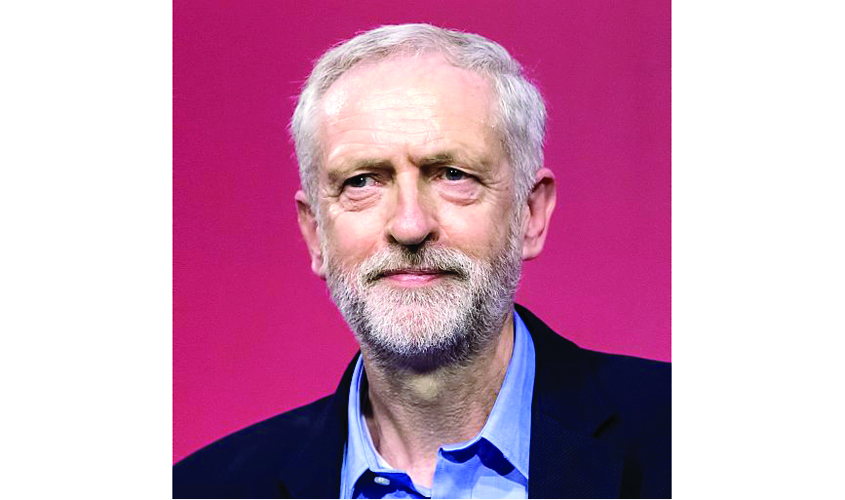This week, for the first time in recent memory, saw coherent and searching pressure on the UK government from members of the Labour Party front bench. Just exactly how, asked shadow Brexit minister, Sir Keir Starmer and Foreign Secretary Emily Thornberry, was the government going to position the UK in the agonisingly complex negotiations over EU withdrawal? We’ve become unfamiliar with an effective opposition. Labour hasn’t done it since before it was last in government. We’ve almost forgotten what it’s like—but unfortunately can’t expect it to last.
The decision mandating our withdrawal from the EU was the referendum that cost former Prime Minister David Cameron his job. Remarkably, it had the opposite effect on the shadow prime minister, Labour leader Jeremy Corbyn. Corbyn’s absence during the campaign left large sections of the British electorate unrepresented—Labour Party supporters who backed party policy and believed strongly in the EU. Opposition politicians play an important part in referendums—as we saw, thank goodness, when Scotland voted to remain part of the UK. But not if they’re called Jeremy Corbyn.
Though a bitter disappointment, we can’t say that his failure to campaign for his party’s policy was a surprise. Corbyn’s long record as a Parliamentarian teaches us that leadership is not in his DNA. While he can indeed be a doughty fighter, it’s more usually against his own side—as we saw with his persistent opposition to his own party’s government that ended in 2010. He voted more often than any other against the programme on which he was elected an MP.
Unlike Cameron, who lost his job, Corbyn’s reward was an increased mandate from Labour’s largely new, and hugely increased, membership. Re-elected leader last month on well over 60% of the vote, he proceeded to promote to his front bench the least credible and most inexperienced team of opposition spokespeople for a generation. Hence the surprise when two of the most able, Starmer and Thornberry, manage to work together to let Labour take the initiative. It’s something that Corbyn’s Labour so seldom manages to do.
The Labour Party front bench team—composed substantially of politicians who believe in opposition—is once again unrepresentative of the Parliamentary Party as a whole. Labour’s membership—boosted by an anti-politics groundswell that brought the Nationalists to government in Scotland, threatens the same in France, propelled Trump to the Republican candidacy and is taking the UK out of the EU—is probably the least representative of the UK populace of any of the major political parties.
Most Labour Parliamentarians, though chastened by the size of their leader’s mandate, are unlikely to be any happier with his direction now than they were when they resigned en masse during the summer from his previous team. The Parliamentary Party represents over nine million Labour voters. The Leader of the Opposition was elected to that position on the votes of 313,000 Labour Party members. That the latter so little resemble the former, in my view, goes a long way to explain why Labour, at the last count, had a double-digit deficit in the polls.
When you have an opposition leader who does not believe in governing, his party cannot do its job. Theresa May, our new Prime Minister, is enjoying the opinion poll bounce common to most western democracies’ new Prime Ministers. Only this time, faced with a riven, unrepresentative and discredited Parliamentary opposition, she has every reason to expect it will last.
Hugh Raven—a former Labour House of Commons and Scottish Parliament candidate, Cabinet Ministerial adviser, and councillor—has been a member of the Labour Party for over thirty years. He still is, just.

